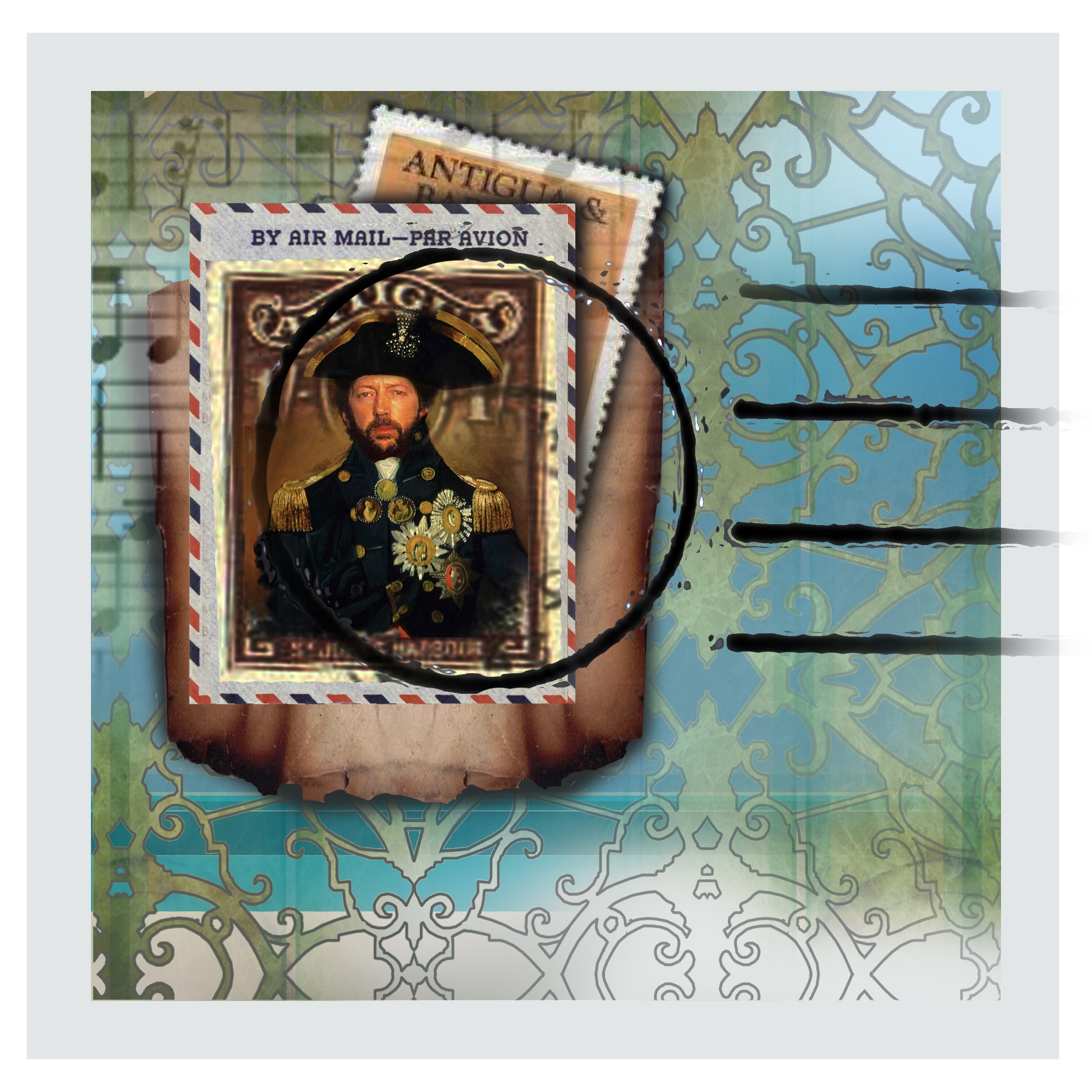Mary Akers: Hi, Dennis. Thanks for agreeing to talk with me today. Your poetry often references popular culture–also songs and/or musical artists, including the very fine Slow-Hand Antigua that you sent to us. Would you consider this work of yours to be ekphrastic poetry? And do you begin it as an homage, or does it spring naturally from the way you think about/approach the world?
Dennis Mahagin: In my work, it is not usually the case that I consciously shoot for ekphrasic tropes. In art, however, there exists a commingling of forms. A synergy. It’s in the air, or up for grabs, so to speak. Bukowski is a prime example. He used it all the time. But so does Thomas Lux, Stephen Dobyns, and August Kleinzahler. (Check out August’s poem, “Shoot The Freak,” which may or may not be an homage to Neil Diamond.) Good writers simply process pop culture much as any other wavelengths of reality. My head, in particular, is seriously hardwired to popular culture.
However, this could change! I’m actually hoping that it might. 😉
MA: I know that you also write fiction in flash and short story form. Do you choose the form before you begin to write or does it come as you write? Do you ever feel like you are consciously forcing yourself to switch genres? Do you feel like the various forms influence one another?
DM: The various forms certainly influence each other.
I use a lot of dialogue in my poems, which I learned by writing fiction, and watching movies. Similarly, a strong poetic sensibility can do wonders for the explicational side of fiction writing—in terms of compression, and transitional leaps. This is so true in the stories of Carver, and Denis Johnson. In fact, I read somewhere that the classic story, “Car Crash While Hitchhiking” was borne out of a poem that Denis Johnson had become bored with. Similarly, I tend to switch to the form I’m having most fun or facility with, in the moment.
MA: There has been a lot of discussion in the literary community about what makes something a prose poem or a flash fiction. How would you define them both?
DM: The terminology is most definitely interchangeable.
For me however, good flash fiction entails a narrative arc, albeit on a thin high wire.
I think of the best prose poems in terms of “Red Cross Language Care Baskets” dropped upon some war-besieged land from a fighter jet, piloted by James Tate, or Simic. Some similar ilk.
It’s all good. 😉
MA: I really enjoy your unusual titles. A few that come to mind are “Shortest Tale Of An Unrequited Crush Ever To Make An Amtrak Porter Blush,” and “Mr. And Mrs. Hughes Make Up And Wake The Dead.” Would you speak a little bit to titles and what role you think they play in a story or poem?
DM: Titles are a vital part of the compositional process, for me. I keep a massive Word file, full of plausibly trippy titles. They force me to focus on what I’m trying, or failing, to say. A really good title should always make a strange kind of sense.

MA: What did you think of the illustration Morgan Maurer made for your piece? Did it have any special meaning for you?
DM: I am absolutely blown away by all of Morgan’s work. Check out his website! He is surely one hell of an amazing artist. A genius, frankly. The Clapton image, in particular, will always haunt me, as it astounds me.
MA: And finally, what does “recovery” mean to you?
DM: Personification of insight, arrived at through a variety of scars, club cars, galleries, etc. Arrived at, through a trip around certain blocks you might have lived without. Or not. It is Humble Pie and Trail Mix a healthy spirit can theoretically dine on, for the eons.
MA: Thank you, Dennis. I’ve really enjoyed your answers. And for our readers, here are some links to more of Dennis’ edgy and exciting work:

Pingback: “Slow Hand Antigua” by Dennis Mahagin | Rkvry Quarterly Literary Journal